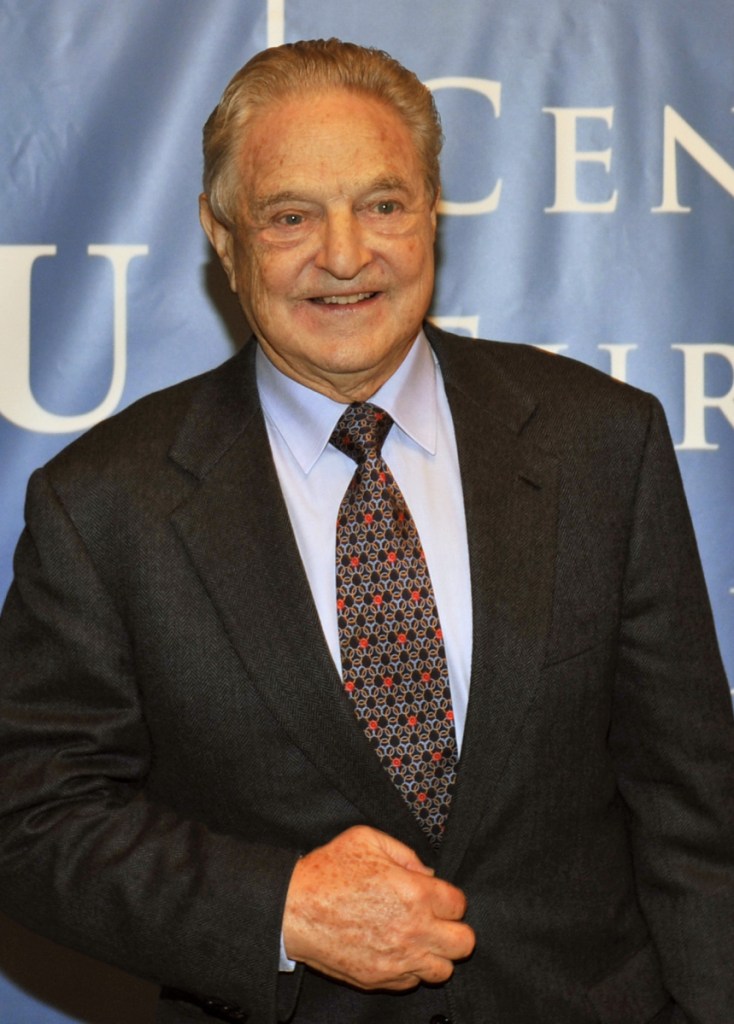Former FBI agent Clint Watts was among the first to ring the alarm bell about Russia’s audacious disinformation campaign during the 2016 U.S. election. Two years later, as voters were heading to the polls Tuesday in another hotly contested national election, Watts has more bad news.
When it comes to spreading lies and stoking division online, Watts said, “it’s Americans in 2018.”
Such is the consensus among lawmakers, tech company officials and independent experts who study hate speech and related disinformation: Even as Silicon Valley has become more aggressive in battling foreign efforts to influence U.S. politics, it is losing innumerable cat-and-mouse games with Americans who are eagerly deploying the same techniques used by the Russians in 2016.
‘DEVASTATINGLY EFFECTIVE’
“Everyone’s witnessed the playbook playing out,” explained Watts, a fellow at the Foreign Policy Research Institute. “Now they don’t need Russia so much. They’ve learned that the tactic is devastatingly effective.”
He and other experts point to a rampant online spread of misleading reports and images about the migrant caravan in Mexico, for example – and especially the false allegations that billionaire George Soros is funding a violent “invasion” of the U.S.
Accounts controlled by Russians likely helped amplify such misleading narratives, experts say, but the evidence so far is that they started with American political activists who are increasingly adept at online manipulation techniques but enjoy broad free speech protections that tech companies have been reluctant to challenge.
The last few weeks in particular, amid the buildup of political polarization ahead of Tuesday’s vote, have illustrated the power of social media to spread hate speech and disinformation. The man accused of shooting and killing 11 people at a Pittsburgh synagogue less than two weeks ago expressed his hostility toward Jewish people on Gab.ai, a social media site that caters to the far right, while sharing allegations about Soros that have been widely criticized as anti-Semitic.
PITTSBURGH SLAYING SUSPECT
Cesar Sayoc, the man charged with sending pipe bombs to CNN and prominent Democrats last month, showed signs of radicalization on Facebook and Twitter in the months before his arrest. Accounts in the name of Sayoc – or slight variations – railed against Soros while peddling conspiracy theories related to former secretary of state Hillary Clinton.
“I think the scale and scope of domestic disinformation is much larger than any foreign influence operation,” said Graham Brookie, director of the Atlantic Council’s Digital Forensic Research Lab. “And I also think that as a society, as a nation, it’s much harder for us to have coherent self-reflection on that, and you see that play out in real time.”
Facebook’s head of cybersecurity policy, Nathaniel Gleicher, said in a visit to Washington last month that the bigger challenge remains detecting and policing the many Americans spreading disinformation.
“If you’re talking about volume, the majority of the volume we see is domestic. And that doesn’t just mean in the United States, it means around the world,” Gleicher said. “It makes perfect sense when you think about it because in order to run an information operation the most important thing is that you understand the culture that you’re targeting. And there are always going to be more people inside a culture that can do that than outside.”
Send questions/comments to the editors.



Comments are no longer available on this story